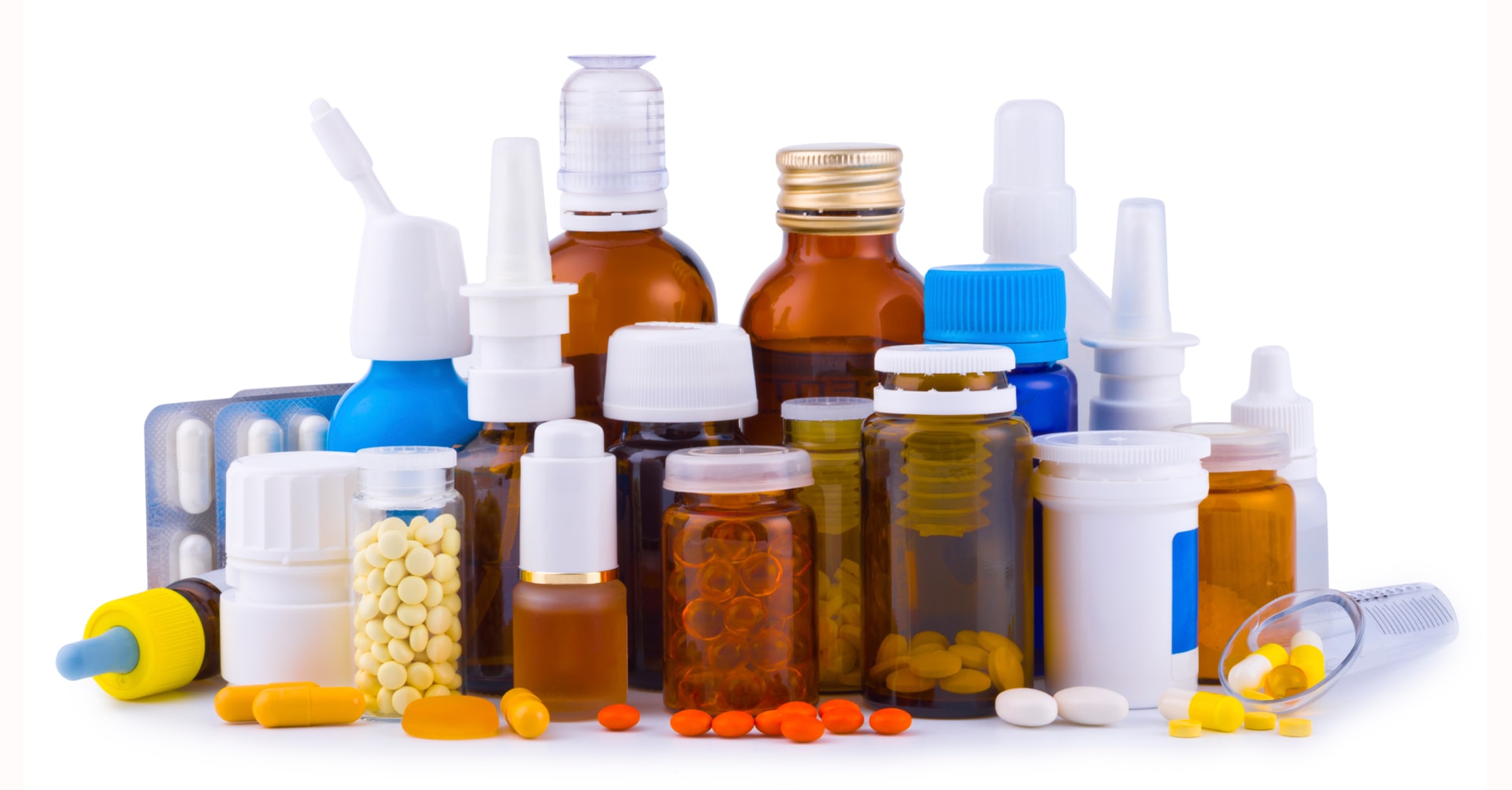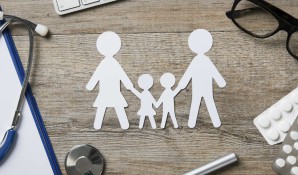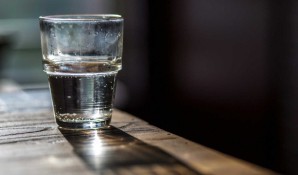Can you buy generics for your family or are you taking a chance with their health?If you have been prescribed medication for an illness or condition, you’re probably concerned about the costs. Pharmaceuticals are known for being expensive, and getting well or staying well can easily bottom out your monthly budget. Generics are often recommended as affordable alternatives to prescribed medication, but many people are hesitant to use them because they fear that they may be inferior – and who wants to take chances with their health?
We spoke to Val Beaumont, a pharmaceutical consultant, to understand what generics really are, whether they work and how to use them.
What is a generic? Pharmaceutical companies research and test new medicines all the time. When they start work on each newly discovered molecule, they apply for a patent. This gives them exclusive use of medicinal substance for 20 years. This includes the period it takes to do the research, create a new formulation (the “recipe” and process for creating the actual medicine) and register the medicine. When the patent expires, which is usually after the product has been on the market for around 8 to 10 years, other pharmaceutical companies can use the medicinal substance to create their own versions of the medicine. These are called generics, and are often cheaper because the manufacturing company hasn’t had to invest in clinical research.
A generic must contain exactly the same chemical substance, at the same strength, in the same dosage form (for example a tablet) and be administered in the same way as the original medicine. There is a misconception that generic medication only does a similar sort of thing to the prescription medicine, but this is not the case – it is actually chemically identical.
How do I know it will work as well as the original drug? South Africa’s Medicines Control Council regulates all medicines on the shelves in this country. It is a world-class regulatory body as far as standards are concerned, and so any medication on sale here should be safe and effective. You can check the packaging or insert for a registration number – three sets of numbers separated by slashes – to confirm that you are using a registered medication.
When a generic is evaluated by the council, they will assess the formulation studies (assessing what the drug is made of), the dissolution studies (checking the speed at which it dissolves) and sometimes also, when necessary, pharmacokinetic studies (the movement of drugs in the human body). Taken together, this research data should indicate that the generic medicine is equivalent to the original, and it will act in the same way if taken by a patient.
But I’ve heard stories of generics not working as well. Why is this? While the active chemical components of the generic medication are the same as the original formulation, the additional components of the medication – the “fillers”, don’t have to be. In some cases, it is possible that these different formulations might cause slight differences in the patient’s outcomes.
While this doesn’t usually present a problem, there are some medications – for example anti-seizure medications – where a tiny difference can negatively affect the patient’s outcomes. For this reason, it is advisable for users of chronic (ongoing) medication to either stick with the original medication or with whichever generic they have settled on, so that they can stabilise on a particular brand and formulation.
However, it is more likely that reports of generics not working well arise because people may imagine a different result because they have less faith in the generic medication or are anticipating some sort of difference.
I’ve also heard of clones. What are these? Clones are the identical medicine, made in the same pharmaceutical factory as the original. They may be marketed for a different purpose, for instance an anti-nausea medicine could be sold to treat just travel sickness. The companies do this for marketing purposes, to capture different segments of the market with seemingly different products.
It is also possible for a company to manufacture a generic of its own branded medicine – essentially creating a medication identical to the original product – to compete with other generics on the market. This clone “generic” only differs from the original drug in terms of packaging and branding.
So what is the best way to use generics, to make sure that they are safe and effective?
- Any registered medicine on the shelves in a pharmacy in South Africa will have been passed by the Medicines Control Council and should be safe and effective, so they can be used with confidence. There are however, many alternative medicines on the market that have not been registered and these rules do not apply.
- If you are on an extremely sensitive dose-dependent medication – find out from your doctor – it is best to avoid changing back and forth between various generics and between the generic and the original. Find a generic that works for you and stick to it.
- Always speak to your pharmacist. They should be able to tell you which are the reputable generics for a prescription drug and advise you if there is a reason that you shouldn’t substitute.
- If you are relying on a generic for the relief of certain symptoms and you find that you don’t get the same result as when you were using the original, it is possible that you are one of the few who reacts differently to the generic medication. Give it a chance to work, but don’t suffer through a solution that’s just not working for you.
Generics are a cost-effective alternative to brand drugsGeneric drugs are the same chemically as the original brand-name drug, so if you have been prescribed medication, it’s always worth asking the pharmacist if there is a reputable generic. It could save you a great deal of money, without compromising your health or response to the drug in any way.




